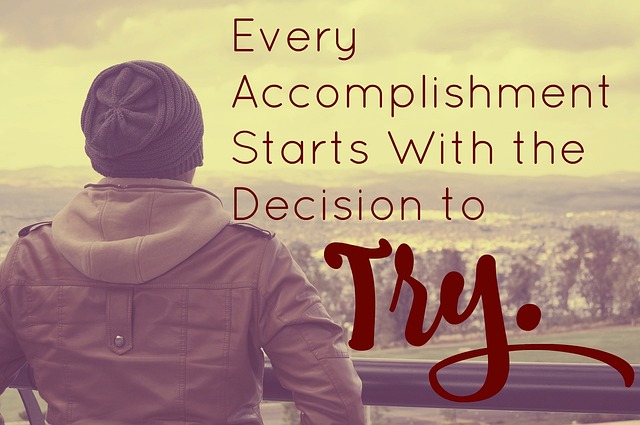This past week, I had two encounters that have made me stop to reflect on the value of homeschooling. In the first encounter, I was chatting about education with a friend of mine, who argued that homeschooled students cannot be good citizens, since they are not socialized to care for their fellow citizens. How could someone educated apart from others understand the value of community?
The second encounter was similar. A conversation on campus with a student about education led to the subject of homeschooling: “People who are homeschooled cannot care about our country,” they declared, “Those kids are not guaranteed to get all the knowledge that they need. They will be raised with tunnel vision.”
These and other arguments are all too familiar for those of us who have grown up as homeschoolers—my own mother educated me, alongside my three brothers, at home from grades one to twelve. Having gone to college, and then graduate school, and then on to work as faculty at ASU [Arizona State University], I have heard many of the same derogatory remarks about home education. But rarely have I stopped to reflect on the connection between homeschooling and civic education.
What is civic education? Civic education is training in the knowledge, skills, and virtues necessary to cultivate good citizens. In America, we understand civic education to mean training in how to sustain our unique republican government. Citizenship, in this respect, is not merely a statement but rather a way of life. Civic education therefore trains people to act. As Alexis de Tocqueville and others tell us, this understanding of citizenship and civic education was prevalent at the founding.
Outside of Independence Hall in September of 1787, Elizabeth Willing Powel asked Benjamin Franklin regarding the new Constitution: “What have we got, Dr. Franklin? A republic or a monarchy?” “A republic, madam,” Franklin replied, “If you can keep it!” This interaction reminds us that a republican government demands much from its citizens—“keeping it” requires learning, self-sacrifice, and vigilance. These American virtues, however, require a firm foundation from which to grow.
The question for Powel and Franklin—and for aspiring citizens today—is from where do we draw the strength to cultivate and sustain virtuous habits? Professor Mary Beth McConahey of Saint Vincent College in Pennsylvania argues that, in the great American tradition, the family is what best equips American children for self-government*. Parents are best equipped to instill in their children virtues necessary for a good civic education—like a love of equality and an understanding of our duty to help others. Engaged parents are also uniquely situated to identify their children’s strengths and weaknesses, helping them become more fully realized and confident adults, able to give more to their communities.
Yet, and this is what so many Americans today do not understand, homeschooling is not necessarily an isolated venture. People sometimes forget that the family is not an isolated unit. Families do not tend to homeschool because they are anti-social, but rather because they believe that they can raise their children more holistically than the oft-impersonal, irreverent school system. My own parents, and many others, ensured that their children engaged in genuine, meaningful socialization and group learning to supplement their time at home. As such, organizations like the AFHE [Arizona Families for Home Education] in Arizona—or the WPCHE [Western Pennsylvania Christian Home Educators] in my native Pennsylvania—play a critical role.
Homeschooling families know, perhaps better than others, how to seek out organizations that provide opportunities that support their efforts to raise good citizens. My own department at ASU—the School of Civic and Economic Thought & Leadership (or SCETL)—provides resources like the Civic Literacy Curriculum, a free resource for educators designed to make teaching Americans civics easier. We also offer high school students the opportunity to attend our Civic Leadership Institute, held annually during the summer, where students are introduced to the college experience and wrestle with questions about truth and meaning in American political life.
Civic education is best promoted when many institutions, the family foremost among these, work together to instill in the next generation a love of liberty. Paul Caresse, Director of SCETL, argues that deliberation and collaboration over big political questions is the key to our future as a nation of good citizens. At the American founding, there was no one-size-fits-all approach to education. The men and women who made America understood that the unique contributions of individuals who are well-versed in civic virtue will allow us to “keep our republic.”
To answer my questioners then, home education, rather than isolating children from the “real world,” actually provides a firm foundation from which they may draw strength to go out into the world and contribute meaningfully as confident citizens who understand that without the family, without virtue, republican government crumbles.
* “Thanks Moms”; posted 5/14/2017; startingpointsjournal.com/



